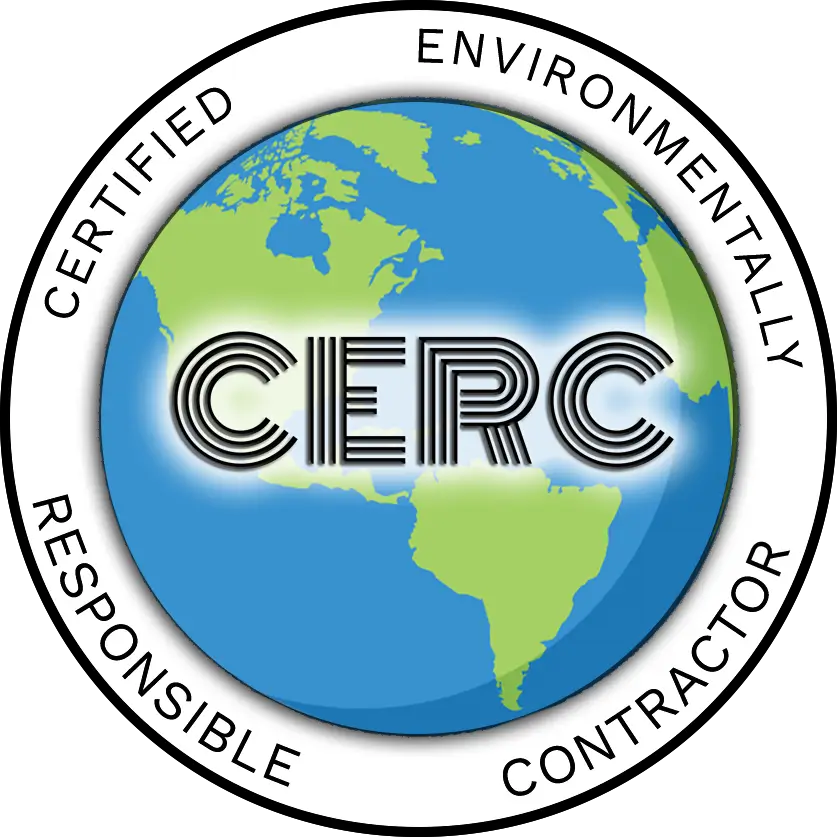Electric vehicles are the wave of the future, and it’s undeniable that they play an important role in the transitioning energy field. Yet, at the same time, the very batteries that power these adaptable vehicles can also pose a hazard to the environment. In order for EVs to support the growing demand for renewable transportation options, there must be careful handling and end-of-life planning for all these lithium-ion batteries. Without proper handling, these batteries are wasted and put more stress on the demand for new lithium mining. Choosing expert services from our team here at Battery Recyclers of America will ensure that EV battery recycling is handled correctly to prevent any negative environmental impact.
What’s In an EV Battery?
The average internal combustion vehicle relies on a lead acid battery to provide a surge charge to start the engine. When you’re relying on electricity instead of gas or diesel, the battery inside the vehicle needs to store a lot more power. This is the primary reason that most EV batteries are made from lithium rather than lead acid. Lithium-ion batteries combine the main compound that gives them their name with heavy metals like cobalt and graphite to create a matrix that easily charges and discharges without losing its potency. Without this ability to absorb and release a lot of energy on a regular basis, these EV batteries would have to be replaced far more often. These batteries can last anywhere from five to 10 years, depending on how they’re designed and how they’re used by the actual vehicle owner.
The Potential Hazards of Lithium Batteries
EV batteries are recycled to keep costs low and reduce the need for new lithium supplies, but also because the batteries can pose a hazard to the environment if disposed of in the landfill. Even when being stored in a warehouse, these batteries pose a particular fire risk. From 2019 to 2020 alone, over a third of the fires that started in waste facilities belonging to the Environmental Services Association were caused by lithium-ion batteries. When these devices are crushed or physically damaged, especially while still energized, they can start a fire or, at the very least, release heavy metals and other contaminants. Since these very materials are in high demand for the manufacturing of new batteries, it only makes sense to recapture them through proper recycling rather than disposal.
Benefits of Electric Car Battery Recycling
There are a number of distinct benefits to recycling EV batteries of all sizes and kinds. First, it allows for the reuse of valuable minerals and metals like lithium, manganese, cobalt, and more. This reduces the demand for mining and the environmental destruction that can come along with it. It also helps keep costs lower for future battery manufacturing, making the users and buyers of new EVs happy.
Second, recycling reduces the amount of waste that enters the landfill and potentially impacts the environment in a direct way. Heavy metals and other materials that leech out of batteries, like lithium-ion units, can affect soil and water health for years to come. Finally, recycling EV car batteries allow for domestic production of new units rather than entirely relying on shipments of materials supplied by foreign countries.
Handling Challenges During Recycling
Since lithium-ion batteries are particularly sensitive to physical damage, they require a more complex handling process than other types of batteries. Discharging is generally the first step because removing the stored electrical charge reduces the fire risk and makes the batteries safer to move and store. Once the EV batteries are discharged, they’re either disassembled by hand or shredded in a fire-resistant set of machinery. This allows for the recovery of the most valuable materials, including lithium, cobalt, and more. It’s often found bound together in a material known as the black mass. This must be done with care to prevent the loss of materials or hazardous exposure. The plastic cases and covers are usually discarded, but sometimes they are shredded and recycled as well for new exterior materials.
When Do Electric Car Batteries Need Recycling?
No matter the precise formulation or design, today’s EV batteries tend to run down around 100,000 miles or more. At some point, they’ll stop charging as well and will use up a full charge more quickly than usual. This is due to the breakdown of the compounds used inside the battery to store the electricity the vehicle’s motor needs. Replacing the battery should mean sending the old battery to a recycling service. It may be able to be reconditioned first and used for a few more years if you don’t wait until it’s damaged, leaking, or completely dead before replacing it.
Methods Used for Recycling These Unique Batteries
Once the battery is either disassembled or shredded into a mixed mass of material, it needs further processing to separate out the most valuable materials from the bulk. Some batteries are best treated with chemical solutions that encourage the separation of the metals from the other materials. Pyrometallurgy is another popular method that uses heat and flame to burn off bulk plastic and other materials to leave behind lithium and cobalt. The composition of the battery generally determines which method is a better choice. No matter the method, the recycling results are similar.
Commercial Level EV Battery Recycling Companies
If you use an entire fleet of electric cars or have a mechanic’s service that works on EVs, you’ll need commercial-level recycling support. Choose us here at Battery Recyclers of America to ensure you have a partner that can grow with you to meet demand. As more and more drivers choose these vehicles each year, that means that thousands of batteries will need recycling each year as well. You can trust that we have the experience and equipment to handle these batteries with care, even if they’re damaged, leaking, or overcharged.
Contact us today for a quote on starting a new EV battery recycling program for your company or facility. We can help customize the pickup details and guarantee on-time service, so you don’t have to worry about these potentially hazardous batteries backing up in your storage areas.




